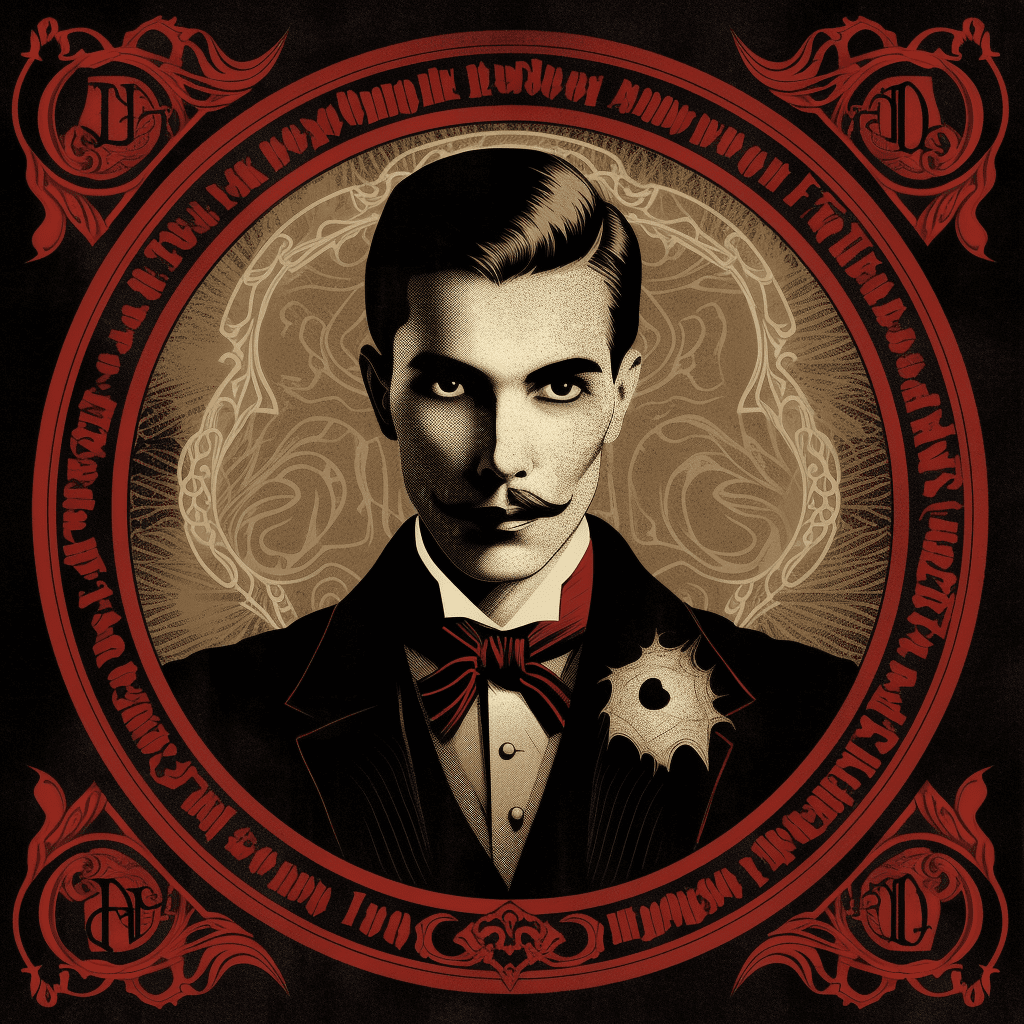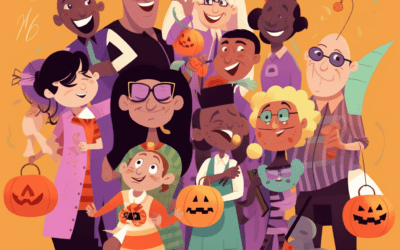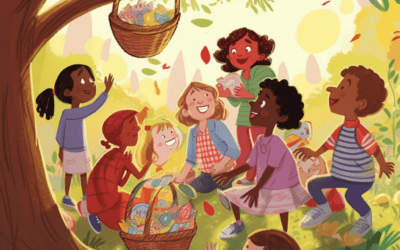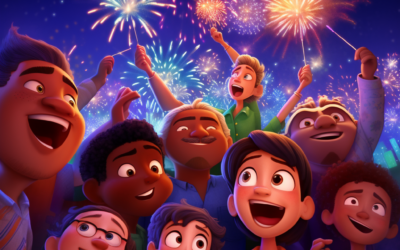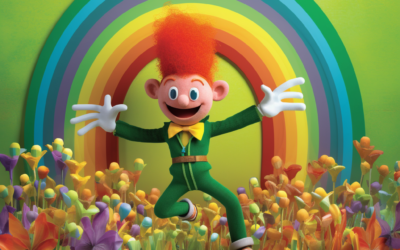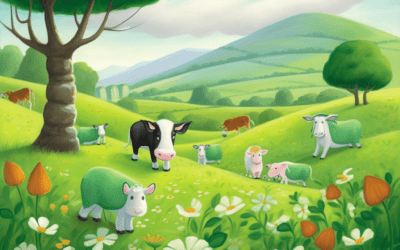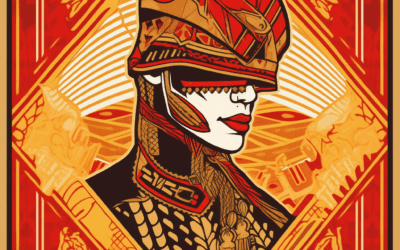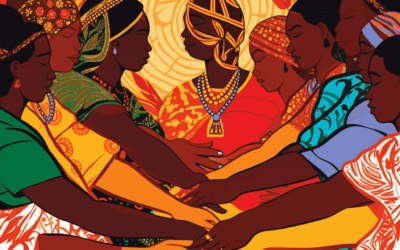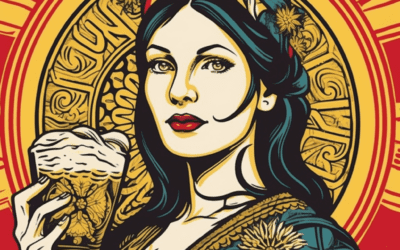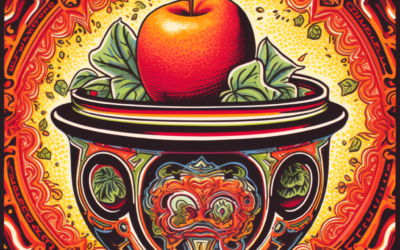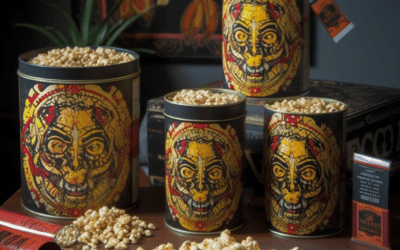Vampires and Halloween: Tracing the Historical Relationship
Introduction
Vampires and Halloween have a closely linked historical relationship that is intriguing to explore. Let’s take a journey through time to trace the origins and evolution of this captivating association.
The Origins of Halloween
Halloween, celebrated on October 31st, has ancient roots originating from the Celtic festival of Samhain. At Samhain, people believed that spirits of the dead roamed the Earth. This festival marked the end of summer and the beginning of winter, a time associated with death and darkness.
Early Vampire Folklore
While vampires are often associated with Halloween, their existence in folklore predates this holiday. The vampire legend can be traced back to various ancient cultures, such as Mesopotamia, Greece, and Egypt. These early beliefs revolved around blood-sucking spirits or demons that preyed upon the living.
Vampire Legends in Eastern Europe
Eastern Europe, especially countries like Romania and Serbia, gave rise to prominent vampire legends. Notably, the historical figure Vlad the Impaler, also known as Vlad Dracula, served as inspiration for Bram Stoker’s iconic novel, “Dracula.” This literary work propelled vampires into the popular imagination and set the stage for their association with Halloween.
Vampires in Literature and Pop Culture
The 19th century witnessed a surge in vampire-related literature, fueling public fascination and fear. Alongside “Dracula,” works like “Carmilla” by Sheridan Le Fanu created a lasting impact on vampire lore.
In the 20th century, vampires permeated mainstream pop culture, from movies like “Nosferatu” in the 1920s to the “Twilight” book series in the 2000s. These portrayals often heightened the connection between vampires and spooky occasions such as Halloween.
Vampires and Halloween in Modern Times
Today, vampires and Halloween continue to be intertwined. This can be seen in various forms of entertainment, including movies, TV series, and costume parties. Many people dress as vampires or incorporate vampire themes into their Halloween celebrations. The eerie allure of the vampire archetype aligns closely with the mysterious, supernatural ambiance associated with Halloween.
Conclusion
The historical relationship between vampires and Halloween is deeply rooted in ancient traditions and folklore. From their origins in early cultures to their portrayal in literature and popular culture, vampires have become synonymous with the spookiness and excitement of Halloween. As this unique association persists, vampires will continue to captivate our imaginations and add a touch of supernatural thrill to this beloved holiday.

